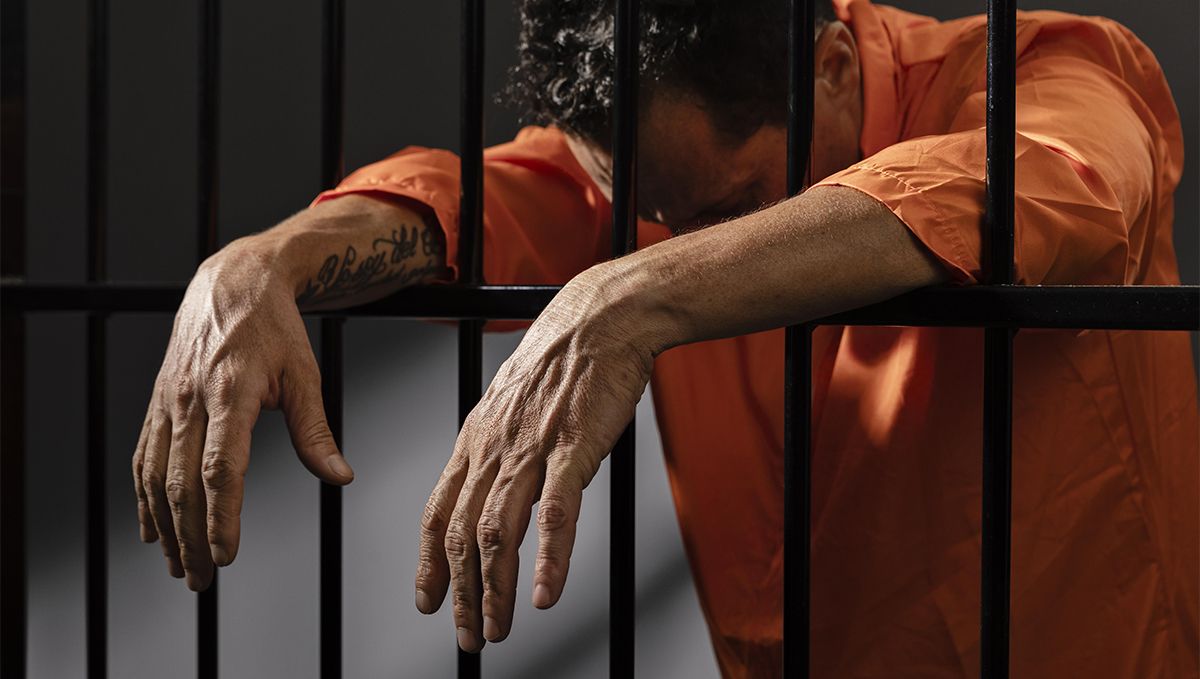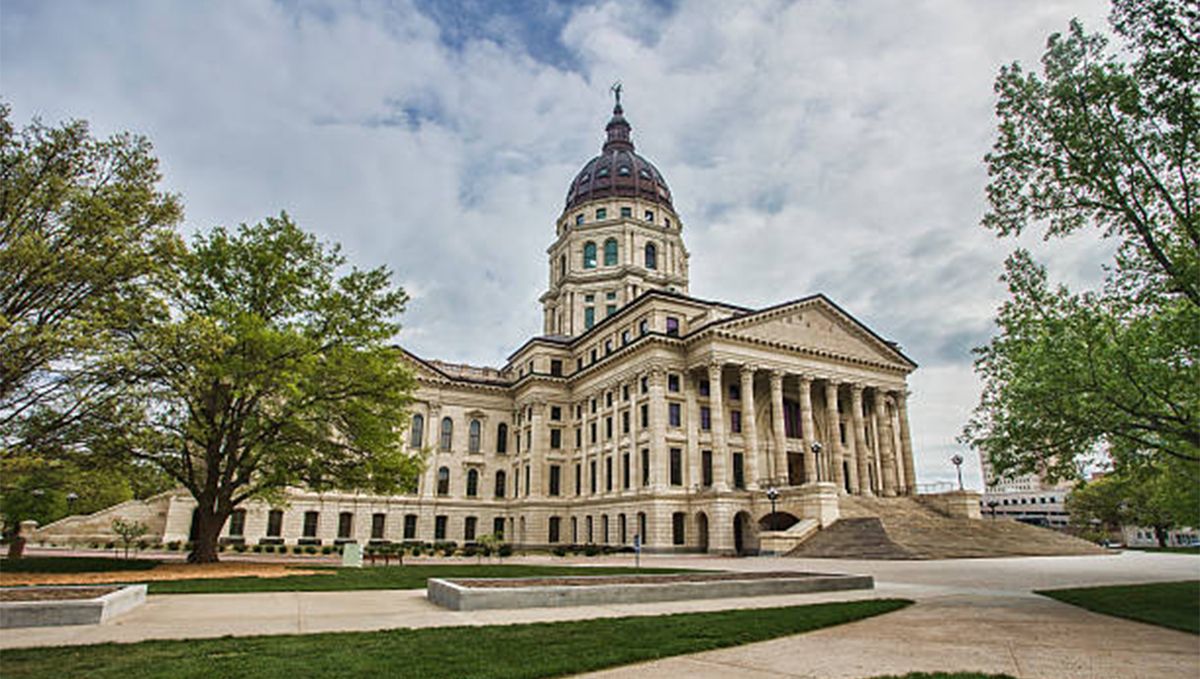Weed in Kansas: Cannabis Legal Status Guide

- 1. Penalties for first-time possession offense reduced
- 2. Marijuana-related offenses and penalties in kansas
- 2. a. Is it legal to grow less than 4 cannabis plants in kansas?
- 2. b. Is cbd legal in kansas?
- 2. c. Where can i buy cbd products in kansas?
- 2. d. Are delta 8 or delta 10 legal in kansas?
- 2. e. Dui marijuana laws in kansas
- 3. The history of legalization attempts in kansas
- 3. a. Medical marijuana legalization initiatives
- 3. b. Adult-use decriminalization and legalization initiatives
- 4. Final thoughts
Kansas remains one of the least hospitable places in the US for recreational cannabis smokers and medical users alike. It belongs to the dwindling group of states that have yet failed to pass any laws that stop treating marijuana smokers as criminals. The only exception was made for those who are caught with a small amount of the substance for the first time – they risk less jail time and lower fines than repeat offenders. Read on to learn more about cannabis laws in Kansas.
Penalties for First-Time Possession Offense Reduced
This is probably the only piece of good news for weed smokers in Kansas. If you’re caught with up to a pound of cannabis for the first-time, you may still go to jail, as it’s still a Class B misdemeanor, but the penalties are much lighter than for the second or subsequent offenses.
Still, it doesn’t mean that it’s ok to be caught with weed in your possession. In fact, even 1 gr will get you a trip to the jailhouse for about 6 months and a grand in fines.
Your criminal record and previous events will be taken into consideration by the judge and you might not get to trial by doing a diversion program.

If you’re enrolled in a diversion program then it will be expected of you to stop engaging in illegal activities at the very least. Moreover, you’ll have to follow some classes and regularly report to a supervisor about your progress.
The charges will be dismissed only if you manage to finalize the program, otherwise, you’ll be convicted.
Marijuana-Related Offenses and Penalties in Kansas
For those who’ve been charged previously, the judges won’t be kind. The punishment for possessing 450 gr is much more severe, especially because it’s considered an attempt to sell and/or distribute. Also, paraphernalia derived from marijuana will get you in trouble.
| Offense/Limits | Maximum Jail Time | Maximum Fine |
|---|---|---|
| Possession | ||
| Less than 450 g | 6 months | $ 1,000 |
| 450+ g (intent to distribute) | 10-42 months | $ 100,000 |
| Cultivation | ||
| 4-50 plants | 46-83 months | $ 300,000 |
| 50-100 plants | 92-144 months | $ 500,000 |
| 100+ plants | 138-204 months | $ 500,000 |
| Possession of Paraphernalia | ||
| For using/storing | 1 year | $ 2,500 |
| For growing | 5 months probation - 17 months | $ 2,500 - 100,000 |
| Sale/Distribution | ||
| Less than 25 g | 14 months probation - 51 months | $ 300,000 |
| 25-450 g | 46-83 months | $ 300,000 |
| 450 g - 30 kg | 92-144 months | $ 500,000 |
| 30+ kg | 138-204 months | $ 500,000 |
Is it Legal to Grow Less Than 4 Cannabis Plants in Kansas?
Owning or possessing weed equipment is illegal and you’ll be subjected to an old law from the 30s that imposes a $0.4 per gram tax per live plant. So while it’s not specified how much weed you can grow, you might as well be charged.
Is CBD Legal in Kansas?
In comparison to the federal laws that allow 0.3% THC in hemp derived CBD products, Kansas laws are much more restrictive. The hard limit for THC is set at 0% and there’s no permission to sell, possess or use products with a higher concentration.
Fortunately, at least medical patients are allowed to consume CBD products with a high concentration and no more than 5% THC content in comparison to the CBD concentration. This is only available for residents and under the written recommendation of a doctor.
Where Can I Buy CBD Products in Kansas?
CBD oils with 0% is available both online, and in physical stores. So pharmacies. Hemp shops, pharmacies, vape shops, health stores and so on. Theoretically, there shouldn't be any age restrictions concerning buying, but some establishments might impose them.
Are Delta 8 or Delta 10 Legal in Kansas?
Simply put, no. Although Delta 8 and Delta 10 can have some psychoactive effects, these are much milder. The Farm Bill approved in 2018 that legalized hemp products at 0.3% THC concentration, the same can’t be said for Kansas.
Thus, Delta 8 and Delta 10 are not permitted in Kansas.
DUI Marijuana Laws in Kansas
In Kansas, the police must prove that you’re under the influence of cannabis. Luckily, the limit of THC is not mentioned in the Kansas laws so the risks of punishment are a bit lower.
If there’s suspicion you consumed weed to the point where you’re unable to drive safely, then the police will do a roadside test. During this analysis, they’ll check if you’re able to coordinate your levels of focus, eye movements and disorientation. Also, they’re also permitted to send you for a chemical test that will be taken into consideration by a judge.
The charges you’ll have to face based on your status:
- 1st offence: 48 to 6 months in jail or 100 hours of community service, $500 - $1.000, suspension of charge is possible.
- 2nd offence: 90 days to 1 year incarceration, $1.000 - $1.500 fine.
- 3rd and more offences: 90 days to 1 year incarceration, $2.500 fine.
The History of Legalization Attempts in Kansas
At this time, Kansas is yet to become a leading force in cannabis regularisation and legalization in the States. However, there were some attempts and initiatives meant to support recreational and medical legalization.
Medical Marijuana Legalization Initiatives
The starting point in the fight for medical marijuana legalization in Kansas began in 2013 when a bill that allowed patients to grow up to 12 plants and possess up to 6 ounces was presented to the Senate. Unfortunately, the times were different back then, and even if the House responded by proposing a similar bill. Neither of those two bills got further than a proposal.
In 2021, there was a new attempt more focused on the industry of medical marijuana rather than individuals per se. The initiative sought to create an industry focused on manufacturing, distribution and opening selling facilities for patients registered for medical weed.
This bill was much more limiting for the patients as they weren’t permitted to smoke or vaporize home-grown products. Thus, this bill didn’t get too far and it died.

The most recent bills proposed in 2023 were given the highest chances of progress. The fits one intended to support Sunflower State’s veterans where they’d be allowed to access medical marijuana within two months from the beginning of the program. Moreover, organizations created to support veterans would have benefited from a 15% excise tax on all weed sold for medical reasons.
The second bill had the most potential to pass and finally allow patients to use marijuana for medical needs. This new revised bill allowed a 30-day supply to be purchased for those who qualified under the 21 conditions listed. While smoking and vaporizing remained illegal, possession was allowed. However, if medical marijuana patients were found possessing illegally up to 1.5 ounces of cannabis, they would be fined $400. This bill as well, didn’t go far.
Adult-Use Decriminalization and Legalization Initiatives
There were two attempts in 2023 to regulate marijuana for recreational use that didn’t go further. The first one proposed the release of convicted people for non-violent weed offenses and to remove the charges from the criminal records of both those released and those who’ve already served the sentence.
Following that, there was also a bill for setting up a set of rules for weed cultivation, processing, distribution and sale for adults over 21 years old.
Final Thoughts
There’s still some road ahead for both recreational and medical cannabis users. So, whether you need help in dealing with painful symptoms or just enjoying the ride, Kansas is the state where you need to be extra careful. The only realistic thing you can do at this time is to contact your state representative and express your support for marijuana legalization.












Comments